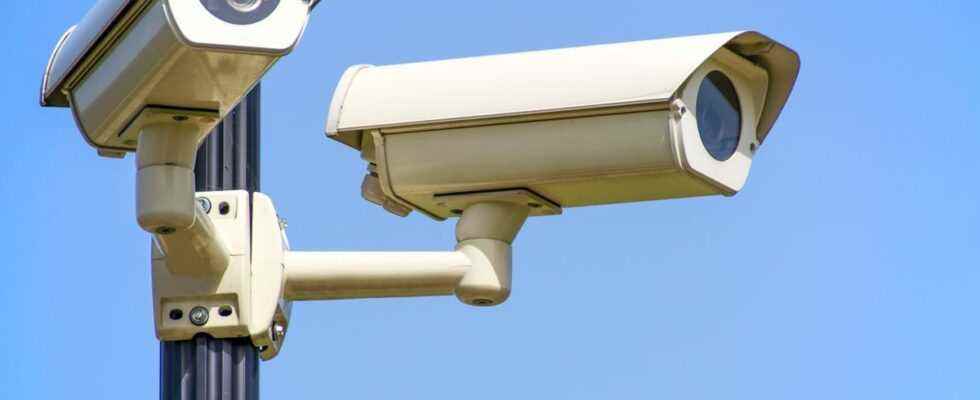3
The National Commission for Computing and Liberties (Cnil) warns against the use of “intelligent” cameras in public space. It evokes a threat to certain rights of citizens.
The Cnil warns about the use of “intelligent” cameras. © Pexels
“Augmented” or “intelligent” cameras are classic surveillance cameras associated with software and/or artificial intelligence. These allow them to analyze the captured image in real time. The result is a plethora of functionalities, but also potential uses in the public space. And that is what worries the CNIL.
In a consultation on the subject, the National Commission for Computing and Freedoms specifies that the use of these cameras requires a very specific legislative framework. If they are today prohibited in the French public space, the implementation of such a device can only be done “by a specific law which, following a democratic debate, would set specific cases of use with guarantees for the benefit of people”. It would then be necessary to prove the necessity of their use.
Infographic of different types of “augmented” cameras © CNIL
Rights at risk
The reasons for the CNIL’s concern are multiple. It does not wonder about the facial recognition system likely to be applied in this kind of device because it has already ruled on this subject. Here, she distinguishes two uses of this type of device. The first is a statistical use: the purpose of the camera is only to do an area analysis, where individuals are observed as a group. “When ‘augmented’ cameras are used to produce statistics, made up of anonymous data and having no immediate operational vocation, they can already be deployed, without specific supervision”reads another more detailed report. “This would be, for example, the case of a device to calculate crowds in the metro to show travelers which trains are less full to go to.”
The deployment of these devices in public spaces (…) undoubtedly presents risks for the fundamental rights and freedoms of individuals.
On the other hand, the Cnil is more reserved about the use of this type of camera in the context of identifying individuals or behaviors: “The deployment of these devices in public spaces, where many individual freedoms are exercised (freedom to come and go, of expression, of assembly, right to demonstrate, freedom of worship, etc.), undoubtedly presents risks for the fundamental rights and freedoms of individuals and the preservation of their anonymity in the public space.” These devices constitute a form of violation of data protection rights, but also of the right to privacy. Today, the right of opposition offers each individual the possibility of demanding the deletion of data collected by any organization. Added to this is a point of the Universal Declaration of Human Rights which is the right to respect for private life.
The CNIL then insists on the need to create a very clear legal framework regarding the use of these tools: “In many cases, it will therefore be necessary for texts, regulations or laws, to authorize the use of augmented cameras in the public space. This legal analysis meets the political need for the public authorities to draw the line, beyond of the ‘technically feasible’, between what it is desirable to do from an ethical and social point of view and what is not in a democratic society.

